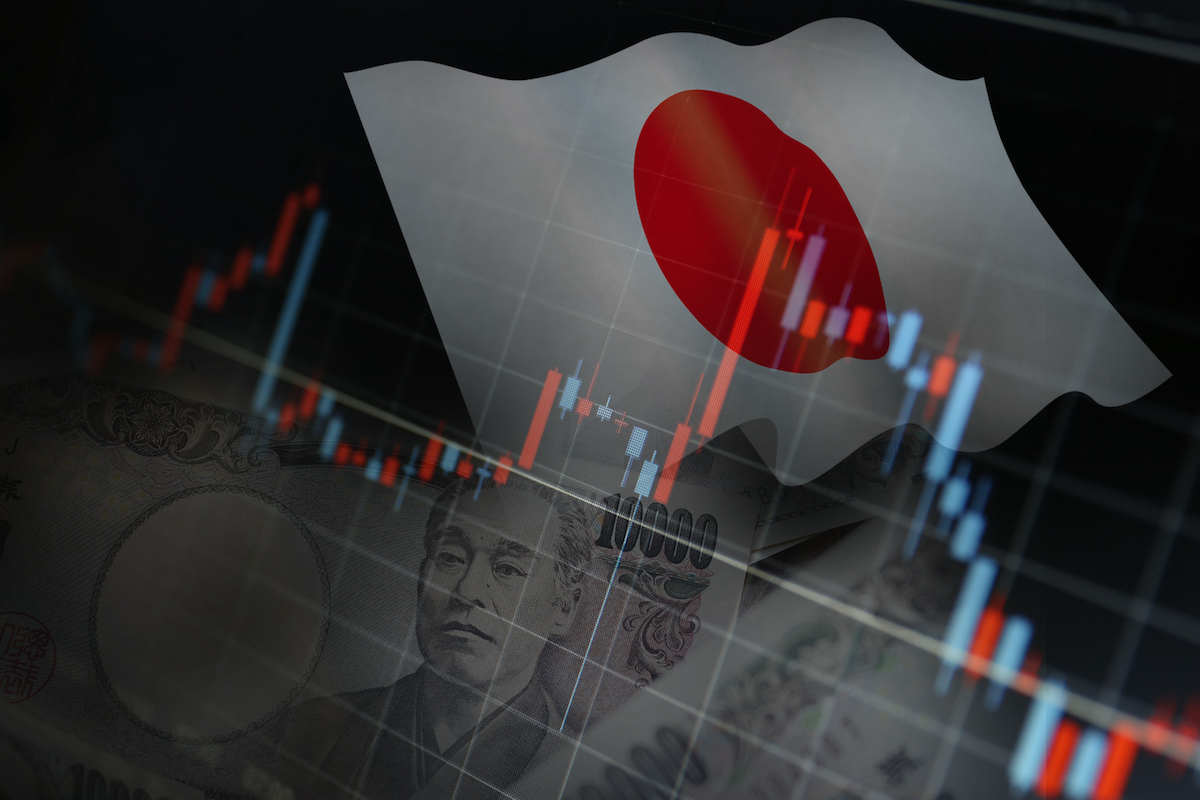Exogenous shocks play a key role in economic modeling, whether in the form of an extreme weather event, a pandemic or a pop concert. In recent years, concert tours have grown to become not just major social phenomena but also potentially significant economic drivers. The ongoing Eras tour by Taylor Swift is expected to be the highest grossing tour per concert ever. Running from March 2023 to November 2024, its effects will likely be most prominent in small economies such as Singapore (March 2024) and Sweden (May 2024).
Beyoncé’s Renaissance tour launched last May in Sweden. It is a good petri dish to study the effects a large tour can have on a relatively small economy, and where its influence could reasonably be expected to appear in national statistics. Looking at six monthly indicators, the effect in Sweden was most evident in restaurant and hotel inflation, which contributed to an upside surprise in the May 2023 inflation reading, according to Nomura analysis. There is weaker evidence that it had a statistically significant effect on retail sales, consumer confidence, or more broadly, GDP. The effect was more sectoral rather than macro.
If the effect was not visible in a small economy like Sweden, it is very unlikely that these pop concerts have any significant effect on larger economies like the US and the UK. However, in the case of Singapore, which is a smaller economy and where Taylor Swift is doing six shows, these concerts could have a more meaningful economic impact.
In the US, Taylor Swift’s Eras tour spread across six months generated total consumer spending of $5 billion, of which $2 billion was retail sales, according to Nomura analysis. Though her boost to consumption enchanted US economic analysts, the total macroeconomic effect is probably more subdued. In total, from Q1 to Q3 2023, we estimate that Taylor Swift’s tour boosted nominal retail sales by around 0.03% and lifted real GDP by roughly 0.02%. It likely accounted for only 0.5% of annual nominal consumption growth last year.
Economy-specific impact in 2024
Singapore: Singapore has several concerts clustered in Q1: Coldplay had six shows in January, Ed Sheeran had one in February, and Taylor Swift has six in March. To ascertain the economic impact of these, we used the F1 race held in 2022 as a case study, given that it attracts a similar audience, a significant proportion of whom are foreigners, to the city-state. Overall, we expect the impact to be felt more on growth than on inflation. Given Singapore’s small size, the tourism boost brought about by the superstar concerts should disproportionately impact the country, especially since tourism revenues account for a higher proportion of GDP than in countries like Australia, UK, US and Japan. The impact on Singapore’s inflation should be fairly contained, even as hotel room rates shoot up momentarily over the duration of the concert. Any upside surprise would likely be short-lived and should reverse in the subsequent month. Even so, we expect the concerts to bolster Singapore’s retail sales and Q1 GDP. We estimate the direct and indirect spending associated with the Taylor Swift and Coldplay concerts contributed ~0.25 percentage points to Q1 real GDP growth both year-on-year and quarter-on-quarter.
Japan: Taylor Swift’s tour lasted four days in February and was held only in Tokyo. Ticket and merchandise sales are estimated to equate to only 0.001% of annual GDP, which reflects a limited economic boost on a macro basis. However, some localized effects likely emerged in specific sectors, such as an increased demand for accommodation and public transportation. Given how some railway and taxi companies are adopting dynamic pricing, which allows prices to fluctuate according to changes in demand, there is a possibility that some firms are changing their price-setting behavior on a micro basis.
Australia: Taylor Swift hosted three shows in Melbourne and four in Sydney in February. We anticipate a 0.02 percentage point boost to Australia’s CPI in February, mainly driven by the rise in accommodation prices. However, the impact on restaurant and transportation prices could be limited due to the flexibility in supply. February retail sales growth could be boosted by 0.2 percentage points while Q1 real GDP growth could receive a 0.01 percentage point uplift, potentially contributing to the avoidance of a technical recession.
Europe: Due to the size of the UK and euro area economies, the effects of the Eras tour are likely to be limited in terms of the overall macroeconomic data. However, there may be some localized effects on some of the smaller economies, such as Ireland, the Netherlands and Austria.
For a more in-depth analysis, read our full report.









